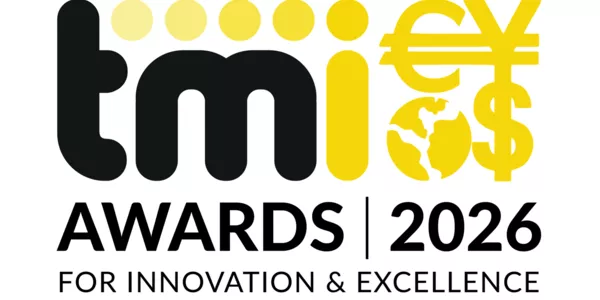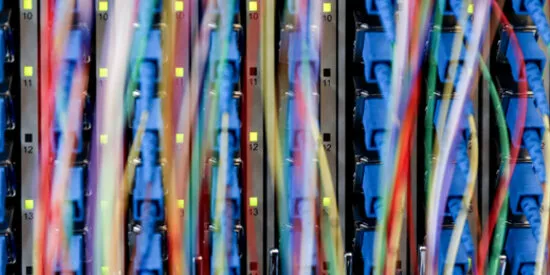
Alternative finance
What is Alternative Finance?
In the wake of the financial crisis of 2008, many small and medium-sized enterprises (SMEs) in need of bank financing found that credit institutions became increasingly risk-averse, making access to traditional financing difficult. In the very uncertain post-Covid world, banks will have the same attitude. Fortunately, in recent years, the number of alternative fundraising channels has multiplied and banks are no longer the only recourse in terms of financing. Thus, since the mid-2000s, new participatory financing methods have evolved, resulting from the dual effect of technological innovations brought about by the growth of financial start-ups, but also from the rise of a so-called solidarity economy.
What are the different types of participatory financing?
The definition given by Financement Participatif France (FPF) is as follows: “Participatory financing is a fundraising tool operated via an Internet platform that allows a group of contributors to collectively choose to finance identified projects directly and in a traceable manner.”:
- Crowdfunding is a mechanism whose objective is to collect funds from multiple sources through an Internet platform to finance a project. Two sides are involved in a crowdfunding operation: The investors who invest in a project, and the project owner who does not have the necessary funds to implement it;
- Crowdlending is a mechanism that sets up lending operations to SMEs, financed by a group of investors who each finance a part of these operations on their own. A large number of investors takes part in the financing of each project;
- Crowdequity is another form of financing which takes the form of an equity stake in a company. Each lender takes an ownership stake in the company seeking financing. This form is frequently used to finance the closing of a round of financing when the major part of the financing has already been secured. In some cases, this kind of equity investment entitles investors to a tax advantage.
Our latest news and insights

Societe Generale was distinguished in two categories at the IFR Awards 2025, receiving distinctions in the fields of...

As part of the 2026 TMI Awards for Innovation & Excellence, Societe Generale is proud to have won the Technology &...

Northern Virginia’s “Data Center Alley” remains the leading hub for hyperscale data centers in the US, but rising AI...